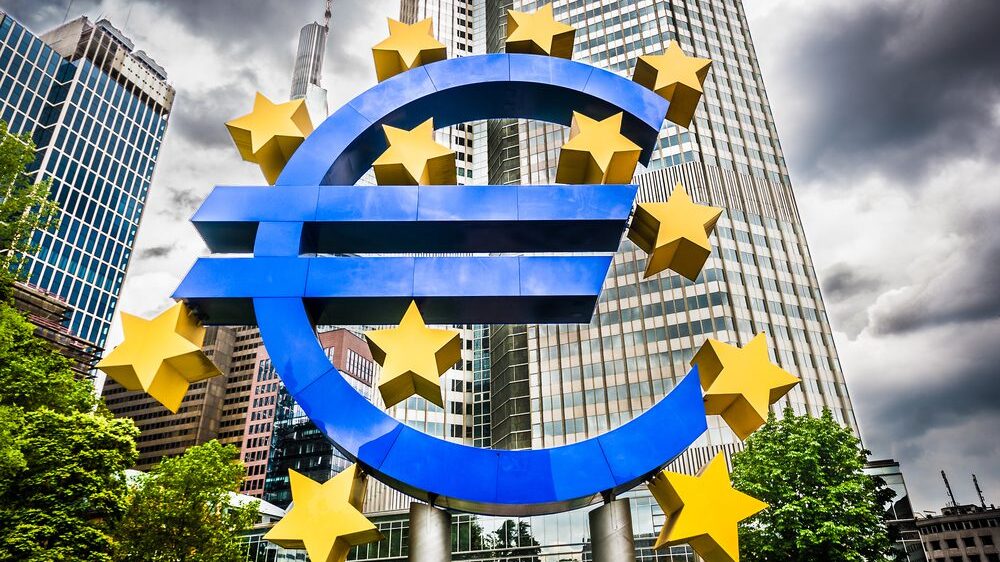
The collapse of the American Silicon Valley Bank poses no “significant risk” of contagion to the European Union, the Commissioner for Economy Paolo Gentiloni said ahead of the Eurogroup meeting of the bloc’s finance ministers on Monday, March 13th.
The main point on Monday’s agenda was discussing the Commission’s updated fiscal guidance, approved a week before. “The overall situation is less negative than expected,” Commissioner Gentiloni told reporters in his doorstep interview, referring to a relatively quick pandemic recovery and managing the economic fallout of the war in Ukraine, but also added that low economic growth and high inflation is still an issue Europe will have to face.
However, the day’s biggest topic was not on the official agenda. As expected, the reporters quickly changed the subject to the collapse of SVB and its potential impact on European banks and economies.
“We don’t see a specific risk of contagion. Of course, we are monitoring the situation with close contact with the ECB,” Gentiloni said, adding that the Commission is taking notes on the initiative taken by the U.S. authorities aimed at preventing the contagion within the country. When someone pointed out that some European markets have already shown signs of being impacted by the default, the Commissioner doubled down, saying that there is no “real risk of contagion at the moment in Europe.”
The EU finance ministers were similarly optimistic regarding SVB. Belgium’s Deputy Prime Minister and Finance Minister Vincent Van Peteghem said the bloc’s internal regulatory mechanisms should prevent any serious contagion from the U.S. financial market. “We have a very clear European regulatory framework … which helps us to keep trust in the banking system,” he said.
The Irish Minister for Finance was more cautious in formulating his opinion. “I think we’re still in the very early days of seeing the consequences of the effective collapse of [the SVB] and I think it will take some time for a full assessment to be done,” Michael McGrath told reporters, talking about the default’s possible impact on EU inflation. “But we have seen the cost of borrowing rise in Ireland and all other EU member states in recent times, and that just underlines the need for us to manage the public finances carefully.”
Although the Commission tries to appear confident in the question, the truth is far from this simple. Even if this seems to be a largely isolated incident that poses no real danger to the EU, now might be a good time to look into whether such a collapse could happen on this side of the Atlantic as well. According to Markus Ferber, a German MEP for the European People’s Party, a more thorough assessment of the situation is needed in the following days, to see “if European lenders could be vulnerable to interest rate shocks” similar to what took down the SVB.
The collapse of the California-based Silicon Valley Bank on Friday has already caused a domino effect in the U.S., with Signature Bank defaulting not much later, and others, such as the First Republic Bank, losing up to 70% of market value.
Even though analysts see no real threat of this spreading to Europe either, markets show that this might not be the case with panic. “The name of the game is containment now,” Ferber said. “Panic is infectious and must not be allowed to spread.”
